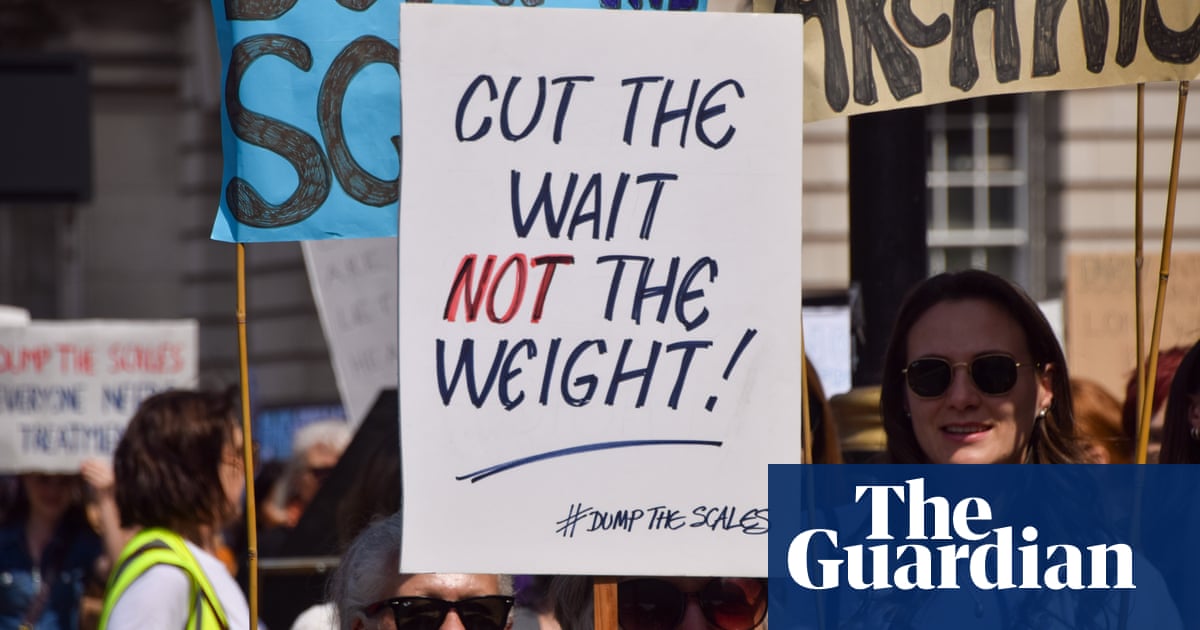
Instagram has apologised for a “mistake” that meant it promoted weight-loss content to users with eating disorders.
A new feature on the social network provides users with suggested search terms based on their interests, with default prompts including terms such as “yard work”, “home decor” or “sunsets”. But some people with eating disorders found the app was prompting them to search for terms like “appetite suppressant” instead, raising the risk of a relapse or worse.
Facebook, which owns Instagram, said the inclusion of such harmful terms, first reported by the BBC, was an oversight and it had removed them in an update.
“To help people discover content they’re interested in, we recently rolled out a new way to search on Instagram beyond hashtags and usernames, where you tap on the search bar and we suggest topics you may want to search for,” the company said in a statement.
“Those suggestions, as well as the search results themselves, are limited to general interests. Weight loss should not have been one of them and we’ve taken steps to prevent these terms from appearing here. We’re sorry for any confusion caused.”
Instagram has had relatively tight rules surrounding weight-loss posts since 2019, when the company imposed restrictions on posts related to diet products and cosmetic surgery. Posts that promote the use of certain weight-loss products or cosmetic procedures, which have an incentive to buy or include a price, are hidden from users known to be under 18, and any claim of “miraculous” weight-loss abilities linked to commercial offers are banned from the site.
Facebook and Instagram also ban content that encourages eating disorders, so-called “pro-ana” material, under rules that ban users from sharing content promoting suicide or self-injury more generally. But Instagram has long come under fire from campaigners for its limited enforcement of the ban, in part because of the difficulty of drawing a dividing line between banned “pro-ana” content and conventional weight-loss, fitness, or healthy-eating posts.
A Guardian investigation in 2019 found thousands of hashtags and accounts promoting anorexia, including diaries of weight loss, alarming pictures and comments on goal weights, with exhortations to upset users to “please don’t report, just block” to get around the site’s enforcement.
Instagram does allow users to share their own experiences of eating disorders, provided they are not intended to promote it as a desirable outcome, but says such posts “may not be eligible for recommendations” through the platform’s algorithmic tools.












